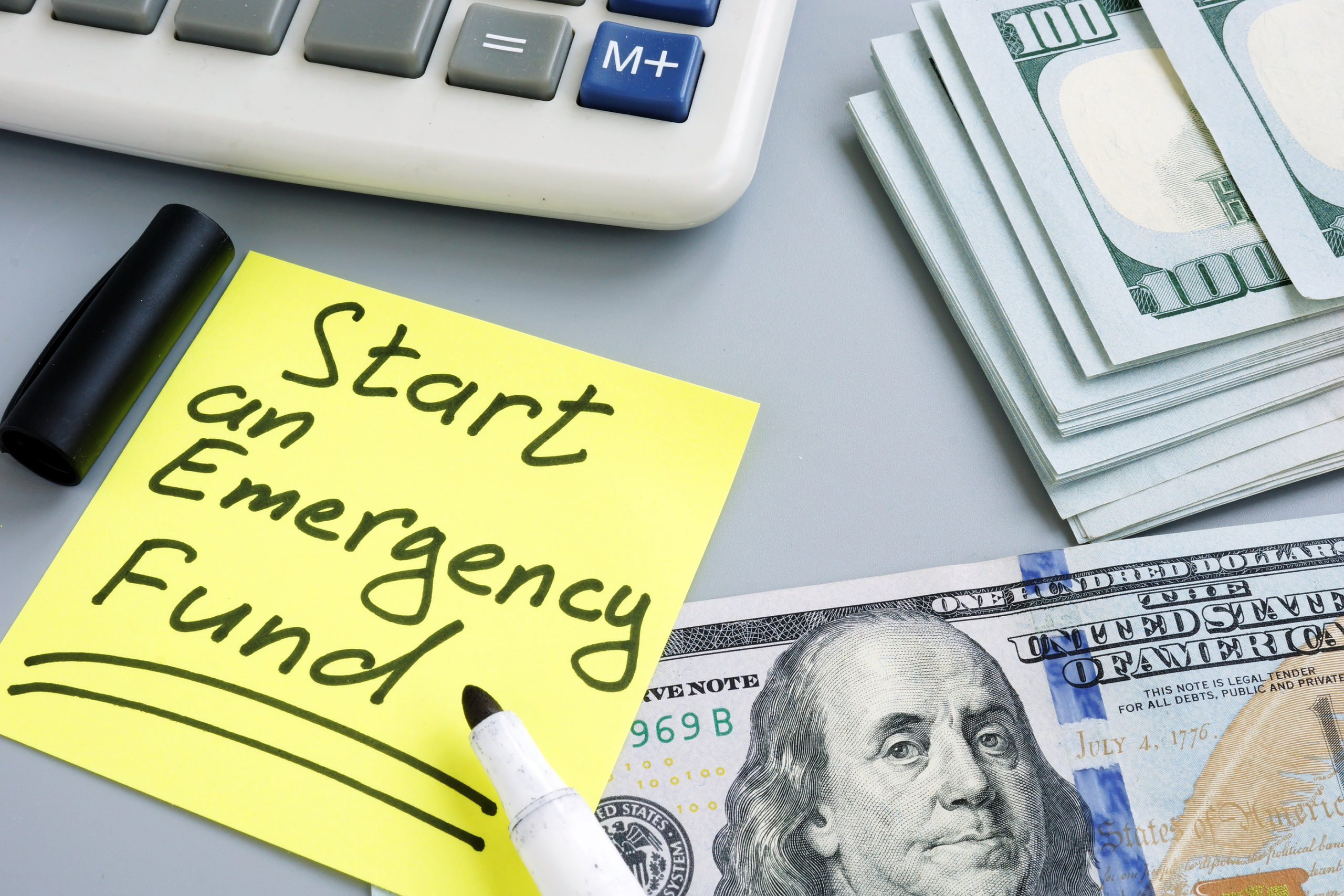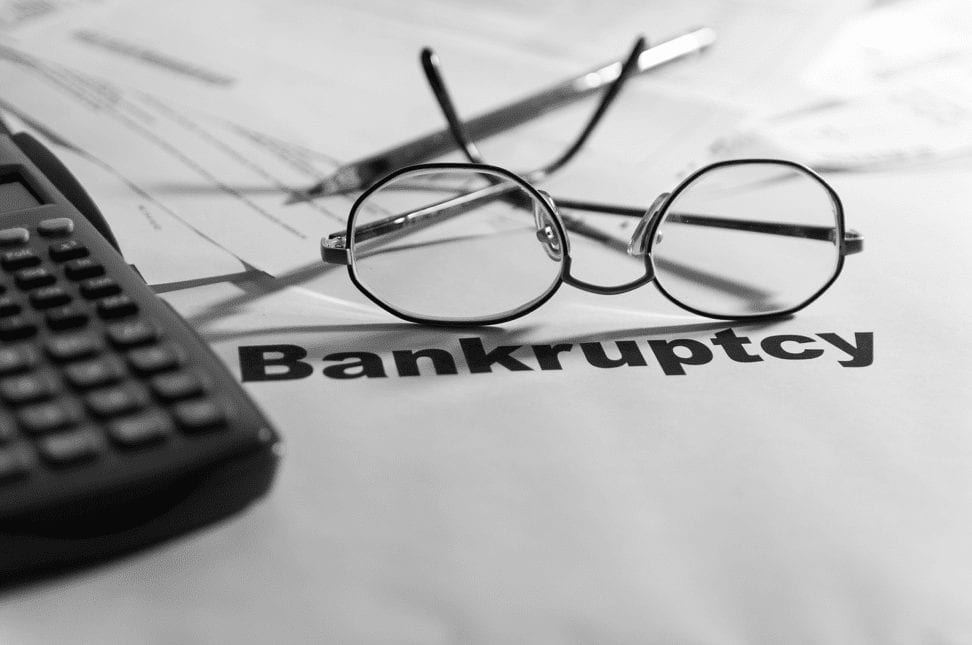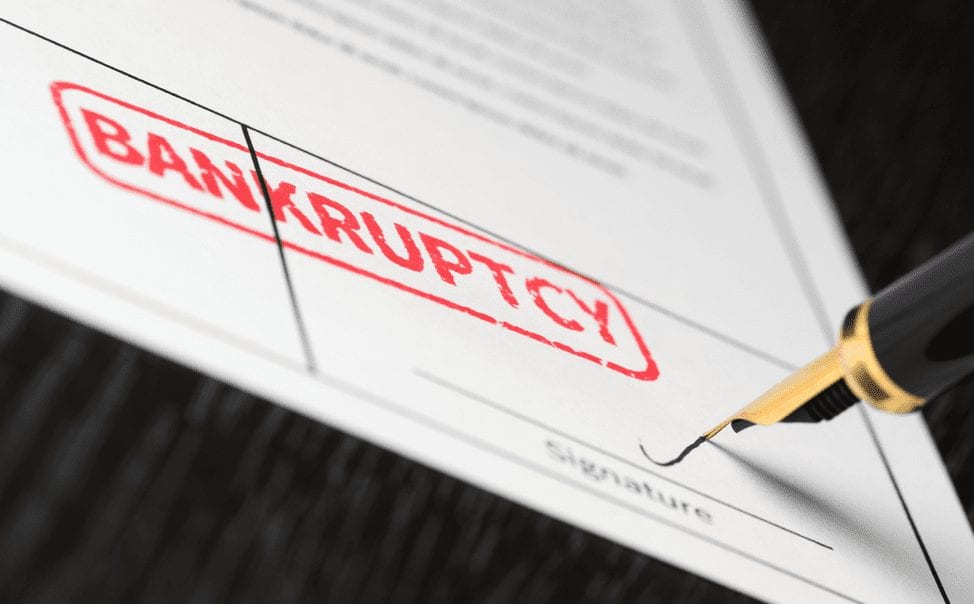When debts are discharged in a bankruptcy case, the debtor is freed of any legal obligation to pay them. Creditors can no longer take any collection action, communicate with the debtor, or pursue legal action. Your Los Angeles bankruptcy attorney will inform you of which debts are dischargeable. Whether your debt is dischargeable depends on the type of bankruptcy you file, the kind of debt in question, and numerous other factors.
Dischargeable Debt
If you file for Chapter 7 or Chapter 13 bankruptcy, you can have credit card debt and medical bills discharged. Most debts that arise from car accidents, as well as obligations you have under leases and contracts, and lawsuit judgments against you, can be discharged as well. Personal loans, promissory notes, and debts not considered part of specific non-dischargeable categories are taken out of your hands.
Chapter 13 bankruptcy discharges additional forms of debt including marital debts (from divorce or settlement agreements) and court fees. Condo, co-op, and HOA fees can also be discharged. You can also receive a discharge for debts on loans from a retirement plan and debts that weren’t discharged in a previous bankruptcy.
Other dischargeable debts under the bankruptcy code include:
- Collection agency accounts
- Personal loans (from employers, family, and friends)
- Repossession deficiency balances
- Auto accident claims (unless they arise out of drunk driving cases)
- Business-related debts
- Past-due utility bills
- Unpaid taxes and penalties
- Social security overpayments
- Veterans assistance loans/overpayments
- Attorney fees (except for child support/alimony)
- Civil court judgments (not related to fraud)
Can All Debts Be Discharged?
The Bankruptcy Code determines what debts can be discharged. Not all are, and the debts your bankruptcy doesn’t cover must still be repaid after your filing. Child support, alimony, certain tax debts, and debts arising out of a death or injury resulting from your intoxicated driving cannot be discharged. Likewise, nor can fines, penalties, or restitution incurred for breaking the law.
Your post-petition debt cannot be discharged. That means you must pay any bills that come in after you submit the initial bankruptcy paperwork. Even if your case is ongoing, these balances must be paid off.
Other debts can be discharged only under certain circumstances. These include student loans. You must meet specific legal requirements and convince the court you cannot repay your student debt. Income taxes also cannot be discharged unless sufficient time has passed since they’re due and you meet other requirements.
The Creditor Has a Say
A creditor can object to your request for a discharge. Debtors don’t have an absolute right to discharge in Chapter 7 bankruptcy. A creditor has the right to file an objection and has a deadline for doing so, once they receive notice of your bankruptcy filing.
But a creditor must go through the bankruptcy court and file a complaint. A lawsuit known as an adversary proceeding then takes place. If you haven’t supplied requested tax documents; demonstrated an intent to defraud, hinder, or delay creditors; destroyed or concealed important records; or didn’t account for lost assets, the court may deny your discharge. Failing to complete a personal financial management course may also affect your eligibility for a discharge
Contact OakTree Law for Bankruptcy Assistance
OakTree Law provides leading bankruptcy services in the Los Angeles area. Our Orange County bankruptcy attorney can assist if you are seeking options to manage your financial situation. If bankruptcy is the solution for you, we can help you make the best decisions. Contact OakTree Law today at 562-219-2979 or request a free evaluation online.








